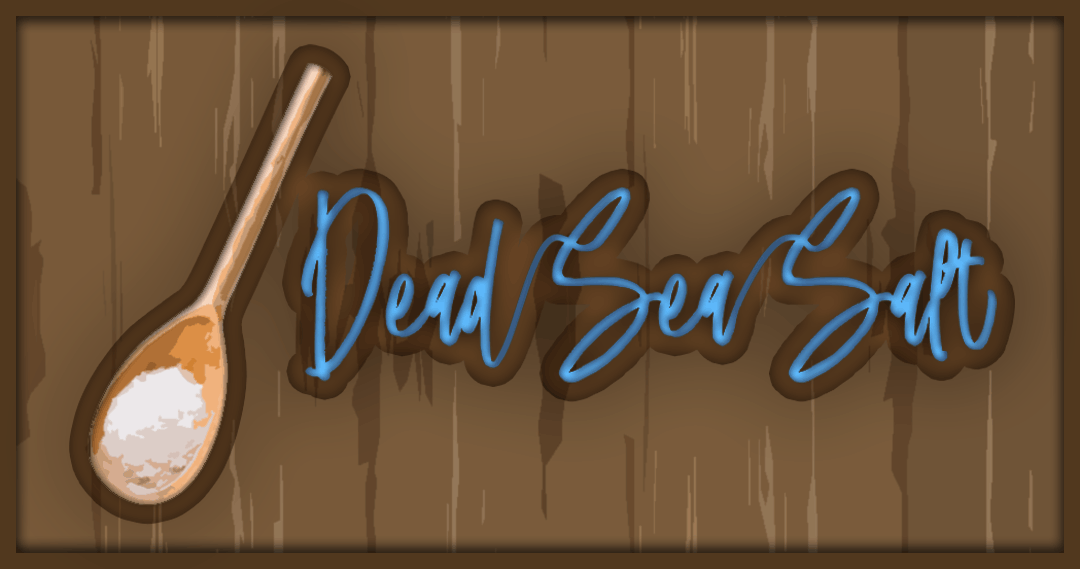
The Main Difference Between Sea Salt and Table Salt
Salt is a necessary part of our food. It’s in sauces, marinades, and even many breads and snacks. The kind of salt that you use can be influenced by where your table salt comes from. That’s because different salts come from different places.
Some salts, such as kosher salt and sea salt, are extracted from underground salt mines and created in laboratories from the natural, dried sea salt found in coastal areas around the world. As far as kosher salt goes, it’s made with an additional ingredient to preserve the moisture in the meat, which can make for softer kosher meat. Sea salt, on the other hand, is more concentrated. Because sea salt has a higher concentration of magnesium and other minerals, it makes better food for cooks. In fact, many Jewish chefs prefer sea salt for kosher meat. While their counterparts might use table salt, sea salt brings out the same fresh flavor and texture in the kosher meat.
There are pros and cons to both kinds of kosher salt. Sea salt has a more pronounced flavor, but the downside is that it takes longer to absorb the moisture from the meat. As a result, Jewish chefs tend to add meat and kosher bread to the marinade for a couple days before cooking. If they don’t, the flavors will be masked and the spices used won’t have the same effect. The upside, however, is that the meat will more closely resemble its sea salt counterparts, and the resulting dishes are usually more tasty overall.
Table salt is a better alternative for people who like the texture of sea salt. However, it tends to lose its salty flavor as it goes through more changes in temperature and does not retain moisture as well as kosher salt. kosher salt comes from the kosher rules for kosher food and is distributed through many stores. It is also sold at grocery stores and large specialty retailers. While some people think of kosher salt as an expensive luxury, there are those who actually purchase kosher salt in bulk in order to use in their own kitchens. Table salt is usually more affordable than buying in bulk and is available throughout the year, so it can be used in the event of emergency.
To best understand kosher salt and its effects on health, it’s helpful to learn about its origin. The most common type of kosher salt comes from fossilized seawater. Seawater has been around since long before the time of the Egyptians, and it contains many trace minerals that weren’t even found in ancient lakes and ponds. Today, some trace minerals still exist in seawater, and sea salt has been processed to include these minerals. Many kosher salt brands come from the Dead Sea, which is one of the largest natural sources of this type of sea salt.
Unlike table salt, which is generally made with different kinds of rock salt, sea salts have been processed to improve the mineral content and thus its selling point. There are many benefits of kosher salt. For one thing, sea salts contain a reduced amount of sodium, which is known as a healthy benefit. By eating less sodium, the average person may actually lose weight. This is because sodium naturally burns fat.
kosher salt is also known for its natural flavor. Unlike table salt which may lack flavor, kosher salt actually adds pleasant flavors to food. By eliminating artificial additives and preservatives, the salt’s natural flavor is enhanced.
Of course, the main difference between sea salt and table salt lies in the main factor: sodium. Sea salts contain significantly more sodium than table salt. As a result, it is often used as a weight loss product, as it helps reduce high blood pressure and cardiovascular disease risks. It may also help lower blood pressure, regulate blood sugar, and prevent blood clots.


Recent Comments